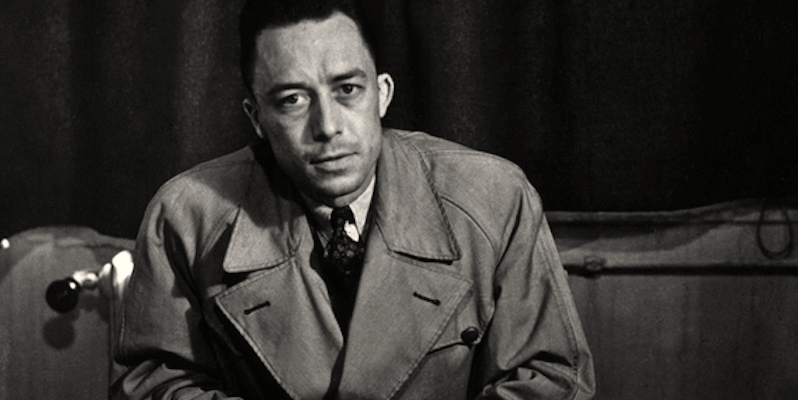Tod Worner is a practicing physician and writer and the managing editor of Evangelization & Culture, the Journal of the Word on Fire Institute. He has written for the New York Post, National Review, and Aleteia. His collected writings can be found at www.todworner.com.

